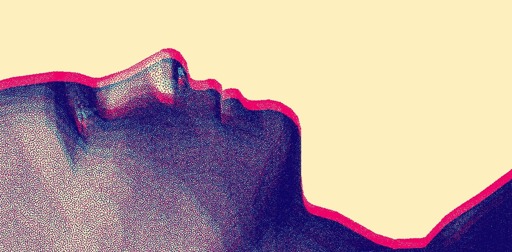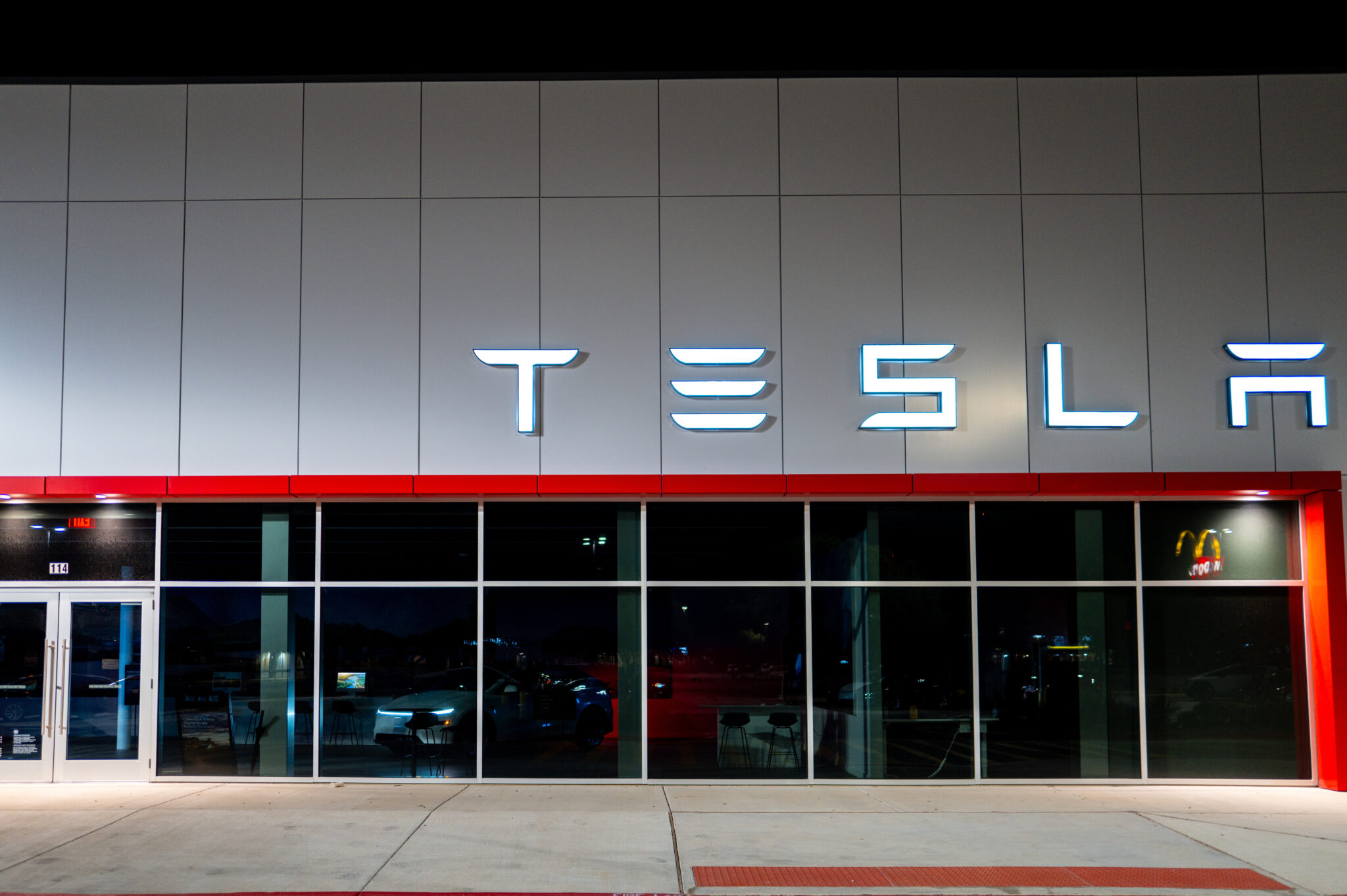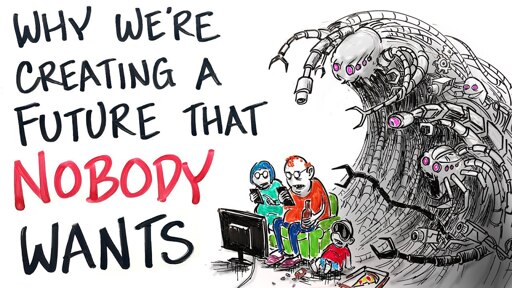Most of us will leave behind a large ‘digital legacy’ when we die. Here’s how to plan what happens to it
-
This is stuff that should be around for many decades
Should it? 99.99% of my email doesn't need to be around for more than a few days, let alone decades. And that number will only go up when I'm dead. Really important stuff, like ownership titles, is on file in paper here in my house and with the relevant title agency.
A couple years ago, I would have agreed. Most of our email is junk. But nowadays, you can have an LLM digest and summarize it for you. That could also be a service the legacy system offers.
Grandkids can just ask for a free-form search term without having to wade through everything. -
Thanks to capitalism, you don’t own most of that “digital legacy” and do not have the right to bequeath or transfer ownership for the vast majority of it.
You can take ownership of a lot of it. Thanks to GDPR, major platforms offer ways to export data like photos, videos, activity on their platforms, messages etc. Store locally first, avoid over reliance on online platforms for safekeeping your data.
Also, we need to fight to keep ownership of digital media while we still can. Buy movies and music on physical media so they keep making them. Buy physical books. Buy from DRM free platforms like GoG. As convenient as it may be, avoid over reliance on streaming services.
And of course, make backups of anything you care about. Only you can keep your data safe. Online services will only keep your data as long as they can exploit it to make money.
-
You said you released it on your writing. How did you go about doing that? It's a cool use case, and I'm intrigued.
If you’re interested in “chatting” with your writing there’s a couple of out of the box solutions right now, like Kortex or Reflect Notes. They are AI first note taking apps. I don’t use them out of privacy concerns but if you don’t care that much they might allow you to do what you want. They claim to be E2E encrypted and the AI unable to phone home but these are companies that sprung out of nowhere so I don’t trust they necessarily have done all their homework to actually provide full privacy.
Alternatively there’s an Obsidian plugin that I believe allows you to do such a thing as well with local LLMs if you wanted to which is the privacy first way to this. I’ve just moved to Obsidian from Capacities so I have yet to try it out as I’m still setting up my vault.
-
This post did not contain any content.
Who wants to inherit my lemmy comments?
-
This post did not contain any content.
I plan on being dead then, so do what you want with my digital wake.
-
Who wants to inherit my lemmy comments?
I'll inherit yours if you want to inherit mine should I ever die first
-
If you’re interested in “chatting” with your writing there’s a couple of out of the box solutions right now, like Kortex or Reflect Notes. They are AI first note taking apps. I don’t use them out of privacy concerns but if you don’t care that much they might allow you to do what you want. They claim to be E2E encrypted and the AI unable to phone home but these are companies that sprung out of nowhere so I don’t trust they necessarily have done all their homework to actually provide full privacy.
Alternatively there’s an Obsidian plugin that I believe allows you to do such a thing as well with local LLMs if you wanted to which is the privacy first way to this. I’ve just moved to Obsidian from Capacities so I have yet to try it out as I’m still setting up my vault.
Privacy first is my only path. There are a lot of privacyless solutions for this, and they're all dead to me. The obsidian route is pretty cool. Personally, I don't care to chat with it, but I like the auto-tags and auto-summaries.
-
I'll inherit yours if you want to inherit mine should I ever die first
We could make like a death webring.
-
This post did not contain any content.
I’m just trying to figure out a way to keep my 20+ tb of Linux isos curated and still accessible.
-
This post did not contain any content.
"You can’t remember their favourite song, so you try to login to their Spotify account. Then you realise the account login is inaccessible, and with it has gone their personal history of Spotify playlists, annual “wrapped” analytics, and liked songs curated to reflect their taste, memories, and identity"
Instead you could track your listening habits on ListenBrainz. In doing so you safeguard yourself from Spotify ever restricting access to your data, data which they consider theirs. For ListenBrainz of course you must be willing to share your data freely, but it will be for the benefit of all, whilst if you don't it will only be used for the benefit of Spotify corporates. You'll help facilitate a healthy online music ecosystem, because people can built apps on top of the ListenBrainz dataset. You can get recommendations from algorithms of your choice instead of having to rely on Spotifys algorithms.
Not working for Listenbrainz in any way, just an enthousiastic user that plugs it when he sees fit

-
Privacy first is my only path. There are a lot of privacyless solutions for this, and they're all dead to me. The obsidian route is pretty cool. Personally, I don't care to chat with it, but I like the auto-tags and auto-summaries.
Looked through the plugins and found this: https://github.com/niehu2018/obsidian-ai-tagger-universe
-
Doesn't archive.org provide that?
In theory yes, but not a lot of people are uploading their family photo albums AFAIK.
-
I'll inherit yours if you want to inherit mine should I ever die first
Deal. Let's setup dead man's switches that will DM our passwords to one another if we fail to log in for a week.
-
This post did not contain any content.
My mother passed away before the internet evolved into something a middle aged woman would enjoy using.
I went searching for anything I could find, and I did manage to come across an ancient website for alumni of her highschool where her name and email were listed. Sort of blew my mind, she'd obviously come across the website and emailed the admin to add her contact info.
This would've been 8 or 9 years before Facebook blew up. Man, she would've loved Facebook and Farmville. She'd probably be doing Wordle every day and be a Rachel Maddow wine mom if she'd survived.
How much I wish she'd had a significant online presence so I could look her up and sort of connect with her again in some way.
-
I’m just trying to figure out a way to keep my 20+ tb of Linux isos curated and still accessible.
I flat out told my family “when I die, just burn it all down and buy basic consumer stuff.
There’s no way my tech would survive for more than a handful of years without a proper sysadmin, and the entire thing would be two dead HDDs away from total data loss.
-
I flat out told my family “when I die, just burn it all down and buy basic consumer stuff.
There’s no way my tech would survive for more than a handful of years without a proper sysadmin, and the entire thing would be two dead HDDs away from total data loss.
I hate how true this is.
-
Deal. Let's setup dead man's switches that will DM our passwords to one another if we fail to log in for a week.
Send me your passwords. I'll notify you when either of you stop commenting for an unusually-long period of time.
-
At least for the 2 years I'm using it
Found it in my settings, not sure how I’ve missed it. Been a Bitwarden user since the first LastPass hack.





